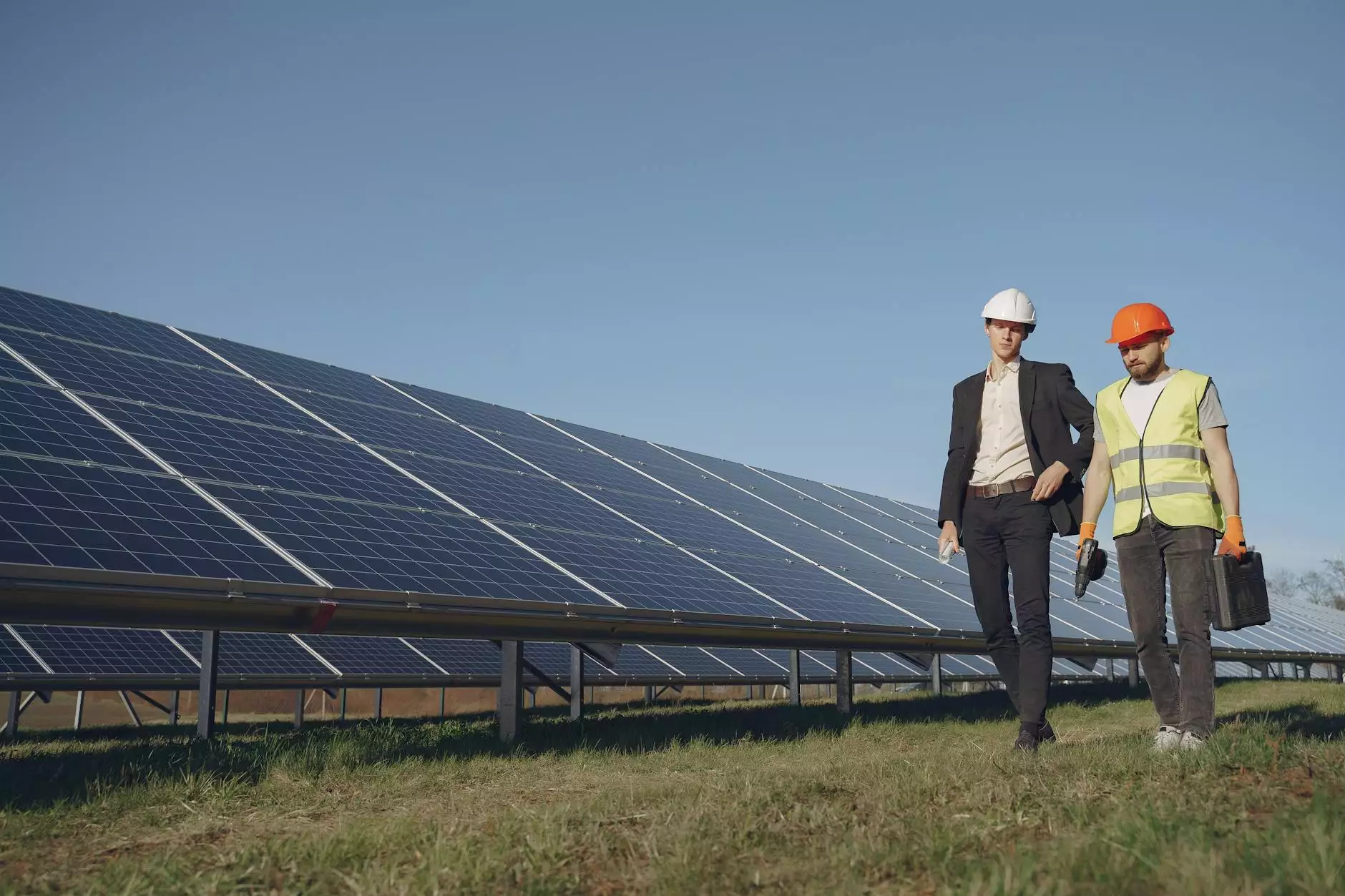Understanding Industrial Boiler Water Treatments: A Comprehensive Guide

In the realm of industrial operations, the importance of proper water treatment cannot be overstated, particularly concerning industrial boiler water treatments. Industrial boilers serve a crucial role in various processes, from generating electricity to heating facilities. Therefore, ensuring that the water used in these systems is treated effectively is vital for operational efficiency and longevity.
The Importance of Industrial Boiler Water Treatments
Unmanaged industrial boiler systems can suffer from multiple issues such as scaling, corrosion, and fouling, all of which can lead to reduced efficiency and increased maintenance costs. Proper water treatment protocols can aid in:
- Preventing Scale Formation: Scale buildup in boilers can severely hinder heat transfer and efficiency.
- Corrosion Prevention: Effective treatments help minimize corrosion, which can lead to costly repairs and operational downtimes.
- Improving Energy Efficiency: Maintaining optimal conditions ensures that boilers operate at peak efficiency, reducing energy consumption.
- Reducing Operational Costs: By minimizing maintenance and extending equipment life, companies can save significantly.
Types of Water Treatments for Industrial Boilers
Several treatment methods can be implemented depending on the specific needs of the boiler system. Here we outline some common techniques used in industrial boiler water treatments:
1. Chemical Water Treatment
Chemical water treatment is one of the most prevalent methods for managing boiler water quality. It includes:
- Corrosion Inhibitors: These chemicals prevent corrosion in boiler systems, protecting metal components.
- Scale Inhibitors: Used to prevent the deposition of minerals that lead to scale formation.
- pH Control Agents: Maintaining the appropriate pH level is crucial for minimizing corrosion and maximizing performance.
- Foam Control Agents: These reduce foam formation that can occur during certain processes, aiming to keep water levels stable.
2. Physical Water Treatment
In addition to chemical treatments, physical methods are also critical, including:
- Filtration: Removing suspended solids that can affect water quality.
- Softening: Process that converts hard water into soft water by removing calcium and magnesium ions.
- Reverse Osmosis: Advanced filtration technique that removes many contaminants from water through a semipermeable membrane.
Understanding Water Quality Parameters
The effectiveness of industrial boiler water treatments hinges upon comprehending various water quality parameters. Key factors include:
1. Conductivity
Conductivity measures the water's ability to conduct electrical current, which correlates to ion concentration. Keeping conductivity within specified limits can help control corrosion and scaling.
2. Total Dissolved Solids (TDS)
TDS levels provide an indication of the concentration of dissolved substances in water. High TDS may indicate scaling potential, necessitating treatment adjustments.
3. pH Level
The pH level of water affects corrosion rates and scale formation. Maintaining the optimal pH range (typically around 10.5 to 11.5) is essential for operational efficiency.
4. Hardness
Water hardness, caused by the presence of calcium and magnesium, can lead to scaling. Softening agents can help manage this parameter effectively.
Best Practices for Effective Boiler Water Treatment
To optimize the performance of industrial boiler systems, adhering to best practices in water treatment is crucial. Here are some recommendations:
1. Regular Water Testing
It is vital to perform routine water quality tests to monitor various parameters (TDS, pH, hardness) to ensure that they remain within recommended thresholds.
2. Implement a Comprehensive Treatment Plan
Segmenting treatment into chemical and physical categories and customizing a plan based on operational requirements can yield better outcomes.
3. Continuous Monitoring
Investing in real-time monitoring systems can provide instant feedback on water quality and treatment effectiveness, allowing for prompt adjustments.
4. Staff Training and Awareness
Ensuring that staff members are well-trained in boiler operations, including water treatment protocols, promotes a culture of awareness and responsibility.
Conclusion
In conclusion, effective industrial boiler water treatments are essential for maintaining boiler efficiency and longevity.
Companies like Bimak Skimya provide top-notch solutions tailored to meet diverse industrial needs. Whether you are seeking water purification services, reliable water suppliers, or comprehensive assessments within water stores, understanding and implementing effective boiler water treatments can pave the way for enhanced operational success.
Contact Us
If you're looking to enhance your boiler performance or have questions about industrial boiler water treatments, don’t hesitate to reach out to our experts at Bimak Skimya. We provide personalized solutions tailored to your industrial requirements.



